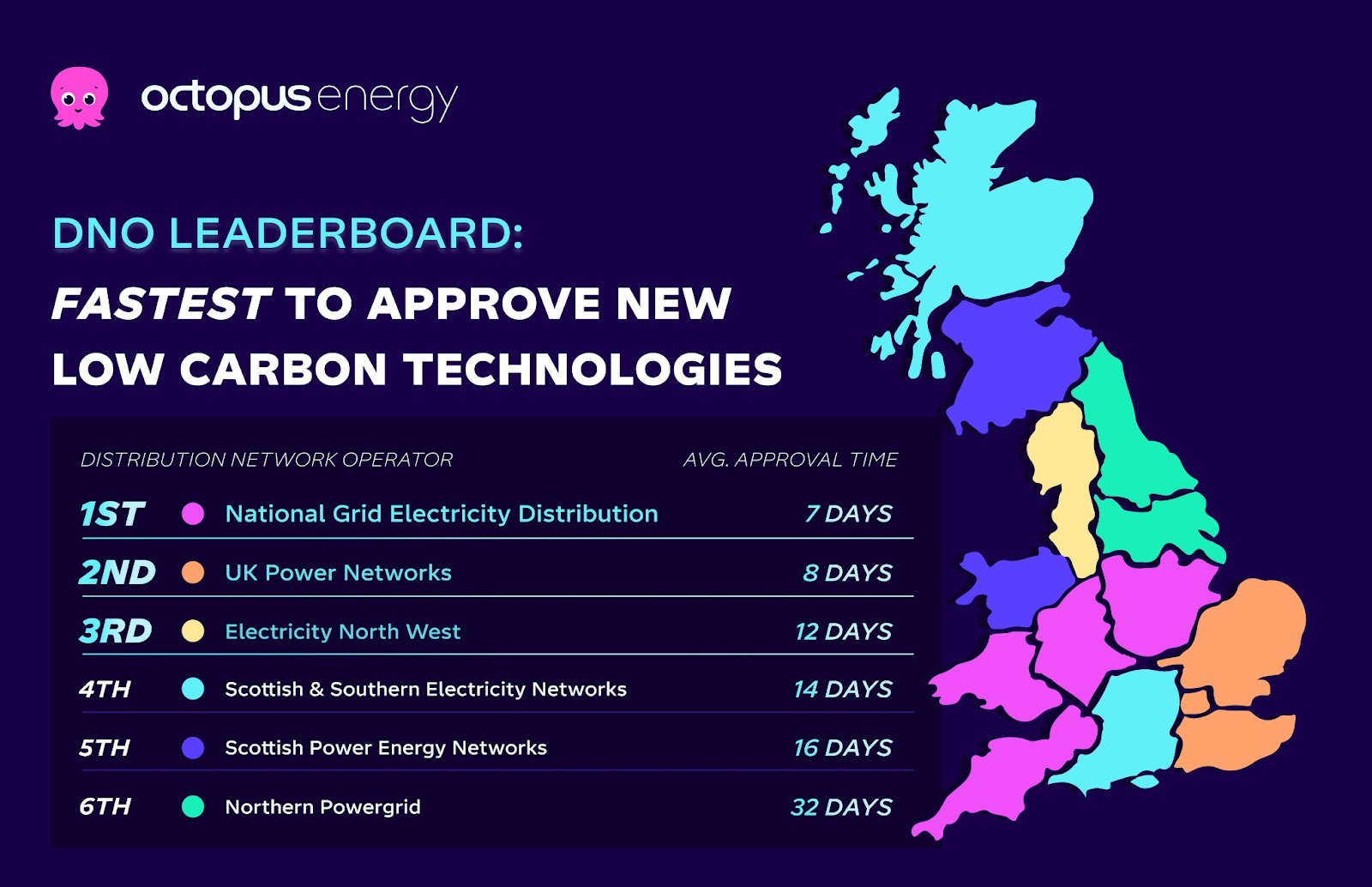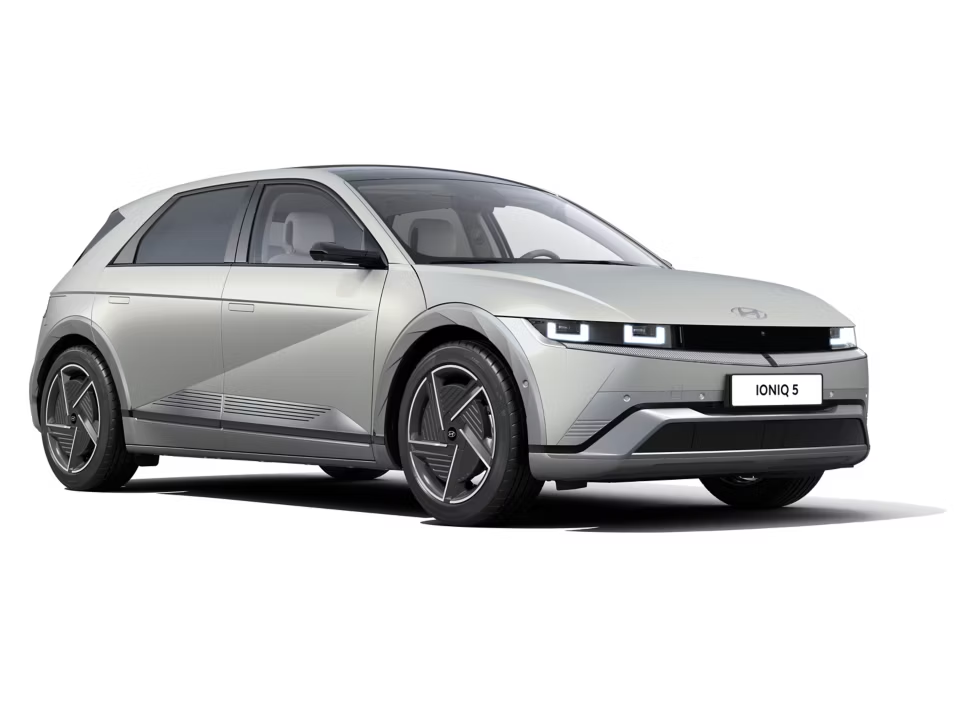Although it appears the blackouts across Spain and Portugal were accidental, it raises the spectre of more incidents, deliberate or not. There are therefore considerable concerns around cybersecurity and growing vulnerabilities in energy infrastructure.
Under utilisation of the batteries inside EVs is one area where development could help alleviate issues of energy disruption, help balance loads in normal times and encourage householders to invest in the technology.
In the UK there are around 1.5 million fully electric cars (Zap-Map, March 2025), yet only a fraction of them are capable of supplying power (around two dozen models), such as the Ioniq 5 pictured, ranging from V2H (Vehicle to Home), V2G (Vehicle to Grid) or the more limited V2L (Vehicle to Load that is used for camping and so on).
Yet, the potential dormant benefits of being able use these ‘mini power plants’ is appealing, especially in light of those people who were affected by the power outages in Spain using their EV to power their homes.
The Energy & Climate Intelligence Unit (ECIU) found that the average EV, even using just 60 per cent of its charge, could provide the equivalent of 5 days of power for the average Spanish household. Admittedly a lot less in a UK winter (your author’s EV might power the household for a couple of days).
Electric Vehicles UK is also asking its members for initial ideas of how this technology could be scaled.
© 2019 Perspective Publishing Privacy & Cookies








Recent Stories